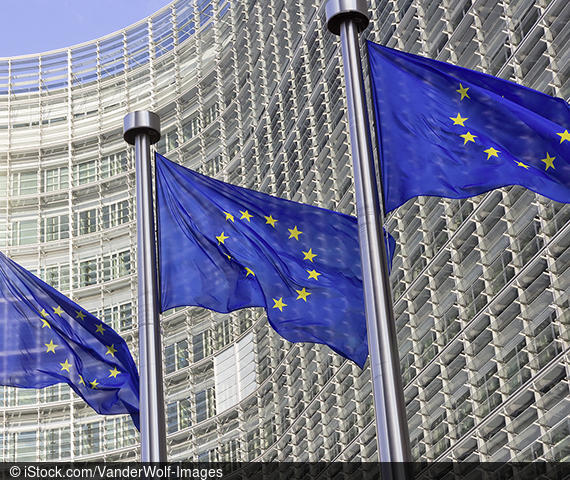Business Angels Play a Major Role in Research and Innovation in Europe
ZEW Lunch Debate in BrusselsPrivate individuals rich in experience and funds are some of the most important investors for start-ups and young businesses in the area of research and innovation in Europe. Also known as “business angels”, these private investors are often active outside of the remit of government funding and are largely invisible to the general public. How significant are business angels and their investments for European venture capital markets? What challenges do they pose for lawmakers and how can Europe as an investment location benefit from the activities of business angels even more than it does already? These are some of the questions addressed by a recent study which the Centre for European Economic Research (ZEW), Mannheim, has been involved in. The study also forms the basis of the upcoming ZEW Lunch Debate taking place on 22 November 2017 at the Representation of the State of Baden-Württemberg to the European Union in Brussels.
The study itself involved a survey on business angel funding conducted among 800 business angels based in ten different EU countries, who were asked questions on their structure, investment behaviour and expectations regarding national and EU politics. Their answers were then broken down and analysed. According to the results of the survey, 93 per cent of the surveyed business angels revealed that their most recent financial investments were in companies focused on process and product innovations. These companies are overwhelmingly to be found in the high-tech sector and tend to be located in close proximity to the residence of the business angel investing in them. These companies are also generally not yet turning a profit, have one to five employees and were valued at somewhere between 100,000 and one million euros on the date of receiving their first investment from the business angel.
One factor that is inhibiting the investment activities of business angels, however, are the extremely varied legal frameworks across different European countries. The majority of the surveyed business angels complained that national tax environments are often highly unattractive with regard to private investment and that in some countries the tax incentives for investment in research and innovation are either hardly noticeable or non-existent. In spite of this, business angels in most of the countries surveyed expected their investment activities to increase in the future. This was particularly true for business angels in Central and Eastern Europe.
Researchers from the ZEW Research Department “Economics of Innovation and Industrial Dynamics” carried out the empirical section of the study, which was commissioned by Inova+, a consulting company in the area of technology and innovation management, in cooperation with Business Angels Europe (BAE), the European Trade Association for Business Angels, Seed Funds and Early Stage Market Players (EBAN) and the University of East Anglia, UK.
The results of the study and their potential economic policy implications will be discussed at the ZEW Lunch Debate “On Angel’s Wings: Can Business Angels Stimulate European Innovation?”. The panel debate will feature:
- Dr. Georg Licht, head of the ZEW Research Department “Economics of Innovation and Industrial Dynamics”
- Philippe Gluntz, president of BAE
- Helen Köpman, deputy head of the “Start-ups & Innovation” unit at the Directorate General for Communications Networks, Content and Technology (DG Connect) at the European Commission
- Eurico Neves, founder and CEO of Inova+
Before the debate, Dr. Maikel Pellens, senior researcher in the ZEW Research Department “Economics of Innovation and Industrial Dynamics”, will shed light on the topic of the debate as well as presenting the main findings of the study. The panel discussion will be moderated by Dr. Ute Günther, a member of the executive board of Business Angels Netzwerk Deutschland (BAND) and vice president of BAE.
First established in 2014, the event series ZEW Lunch Debates provides an opportunity for experts to come together and discuss the current economic challenges facing Europe in a lunchtime debate. The event, which takes place in Brussels on a regular basis, often gives rise to passionate, open and critical debate.
